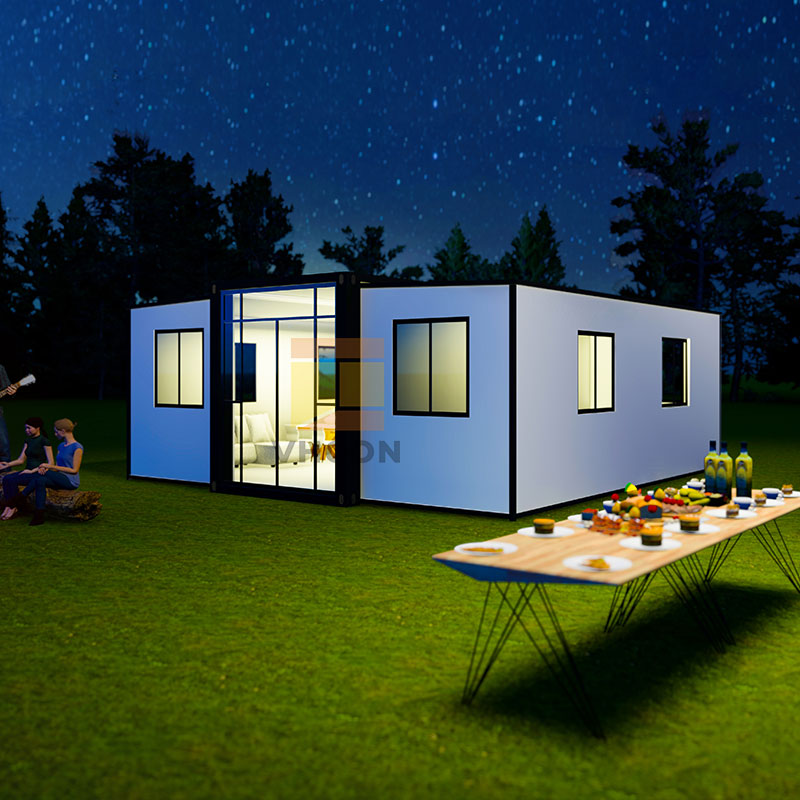In recent years, there has been a growing trend in the utilization of expandable container houses as unique and sustainable alternatives for short-term accommodations, such as Airbnb rentals. This innovative approach to hospitality presents a myriad of advantages that appeal to both hosts and guests. As the demand for eco-friendly and cost-effective lodging options continues to rise, the versatility and practicality of expandable container houses have captured the attention of the hospitality industry.
First and foremost, the eco-friendly nature of expandable container houses aligns with the increasing global focus on sustainability. These structures are often constructed from recycled materials, effectively reducing the environmental impact associated with traditional construction methods. By repurposing shipping containers, which would otherwise contribute to landfill waste, hosts can play a role in promoting environmental consciousness within the tourism sector. Moreover, the modular design of these houses allows for energy-efficient features to be seamlessly integrated, further minimizing their carbon footprint.
Additionally, the mobility and flexibility of expandable container houses offer a unique advantage for hosts seeking to diversify their property portfolio. Unlike traditional real estate investments, these structures can be easily relocated to capitalize on varying tourism trends and seasonal demands. This adaptability not only provides hosts with the opportunity to explore different locations but also enables them to cater to specific events or attractions that draw temporary influxes of visitors.
From the perspective of guests, the allure of staying in an expandable container house lies in the novelty and distinctiveness of the experience. These accommodations often boast modern and minimalist interior designs, showcasing an aesthetic that resonates with the contemporary traveler. Furthermore, the compact yet functional layout of these houses appeals to individuals seeking cozy and efficient living spaces, making them particularly popular among solo travelers, couples, and small groups.
Moreover, the affordability of expandable container house rentals presents a compelling proposition for budget-conscious travelers. With the rising cost of traditional hotel accommodations, these alternative lodging options offer a cost-effective solution without compromising on comfort or amenities. This affordability factor has contributed to the democratization of travel, allowing individuals from diverse socioeconomic backgrounds to access unique and memorable accommodation experiences.
In addition to their environmental and economic benefits, expandable container houses also present opportunities for creative customization and thematic branding. Hosts can leverage the modular nature of these structures to implement personalized design elements and create immersive, themed environments. Whether it’s a rustic countryside retreat, a futuristic urban oasis, or a coastal beach escape, the adaptability of expandable container houses enables hosts to curate distinct atmospheres that resonate with specific target audiences.
The evolution of expandable container houses as viable options for Airbnb accommodations embodies a convergence of sustainability, innovation, and experiential travel. Their eco-friendly construction, versatility, affordability, and potential for creative expression position them as compelling contenders within the evolving landscape of short-term rentals. As the hospitality industry continues to embrace the ethos of responsible tourism and experiential authenticity, the appeal and advantages of expandable container houses are poised to resonate with a broad spectrum of hosts and travelers alike.
Post time: Nov-10-2023







